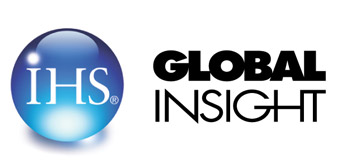The Foundation developed the Trendalyzer software, which was acquired by Google in March 2007. The current version of Trendalyzer is Gapminder World, a web-service displaying time series of development statistics for all countries and many sub-national regions. Gapminder world uses "Google Motion Charts" to power its graphics. The Gapminder Foundation has also produced a number of other projects, including:
- World Income Distribution, an interactive display of statistics on household income distribution for Bangladesh, Brazil, China, India, Indonesia, Japan, Nigeria, Pakistan and USA and the World as a whole in each year from 1970 to 1998.
- Dollar Street, an interactive display of the world as a street. The street number is the daily income per person in the family. All people of the world live on Dollar Street. The poorest live in the left end and the richest in the extreme right end. All other people live in between on a continuous scale of daily incomes.
- Human Development Trends 2003, a linear thematic Flash presentation is developed with United Nations Development Program (UNDP) for the release of the Human Development Report 200.
- World Health Chart 2001, a display of 50 to 100 years of health
development for all countries of the World with time series for 35
indicators provided by the World Health Organization.







